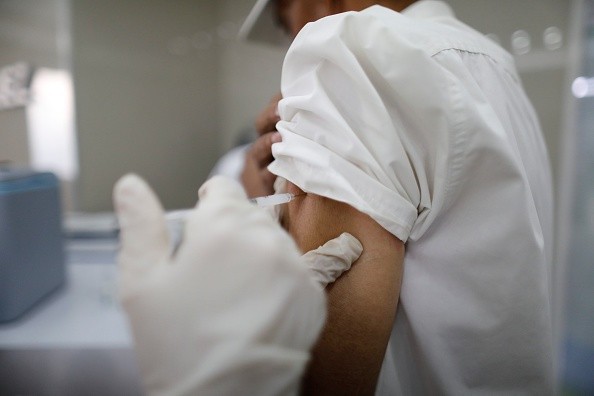A new COVID-19 study conducted some laboratory tests to determine why the new variant is more efficient when it comes to evading people's immune systems than other strains.

Recently, CDC (Centers for Disease Control and Prevention) claimed that Delta could be the most dominant COVID-19 strain in different parts of the globe, including in the United States.
And now, the health department's concern came true after the new COVID-19 variant became the most infectious one in the U.S., accounting for more than half of the nation's infection cases since the last week of June.
Because of this, various researchers want to identify how Delta evades people's immune systems. The new study titled "Reduced sensitivity of SARS-CoV-2 variant Delta to antibody neutralization," published by the Nature journal, claimed that the new Delta variant, first found in India, is 60% more contagious COVID-19 Alpha.
COVID-19 Delta Is Less Sensitive Compared To Alpha
According to The New York Times' latest report, the new COVID-19 Delta is less sensitive compared to the Alpha variant when it comes to infecting unvaccinated individuals. The researchers tested the blood samples of more than 100 participants of the new study.

"We examined its sensitivity to monoclonal antibodies (mAbs) and to antibodies present in sera from COVID-19 convalescent individuals or vaccine recipients, in comparison to other viral strains," said researchers.
"Variant Delta was resistant to neutralization by some anti-NTD and anti-RBD mAbs including Bamlanivimab, which were impaired in binding to the Spike," they added.
On the other hand, medical experts also found out that people who recovered from other COVID-19 variants have boosted immunity, making Delta strain a little sensitive.
Meanwhile, they also analyzed 59 individuals who received one and two doses of Pfizer or AstraZeneca. They conclude that those who only received one dose could still be infected by the new COVID-19 strain.
Why Delta is Now the Most Dominant Variant in the U.S.?
The new study reiterated that those who are fully vaccinated or received the second dose of their vaccines have a 95% chance of neutralizing the new Delta variant. As of the moment, only 48% of U.S. residents are fully vaccinated. The remaining 55% still received only one dose of the COVID-19 vaccine.
This could be one of the main reasons why almost half of the new cases in the U.S. are caused by the new Delta strain. When it comes to symptoms, WCNC reported that it still has the same symptoms as other variants, such as sore throat, fever, diarrhea, and more.
For more news updates about COVID-19 and other related stories, always keep your tabs open here at TechTimes.
Related Article : COVID-19 2nd Jab Skipped by Almost 15 Million Americans Amidst Rise in Partygoers | Vaccine Sites on the Beaches
This article is owned by TechTimes
Written by: Griffin Davis
![Apple Watch Series 10 [GPS 42mm]](https://d.techtimes.com/en/full/453899/apple-watch-series-10-gps-42mm.jpg?w=184&h=103&f=9fb3c2ea2db928c663d1d2eadbcb3e52)



